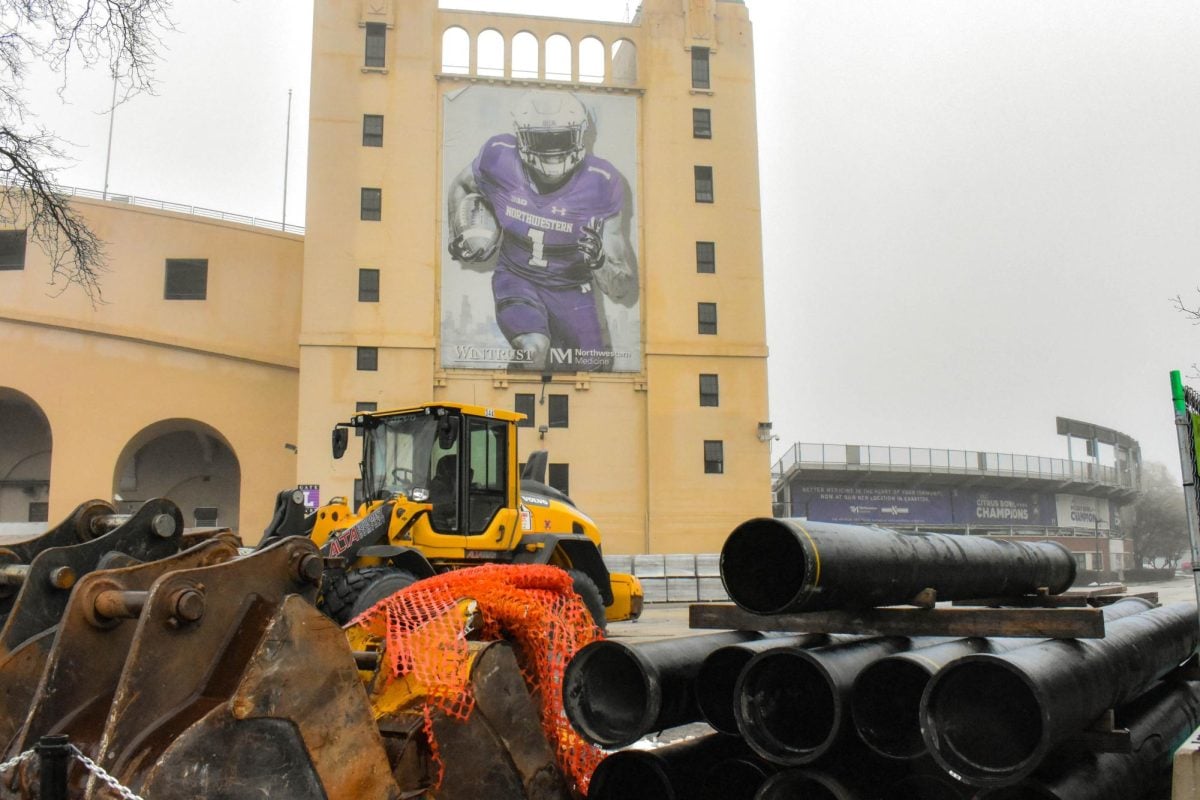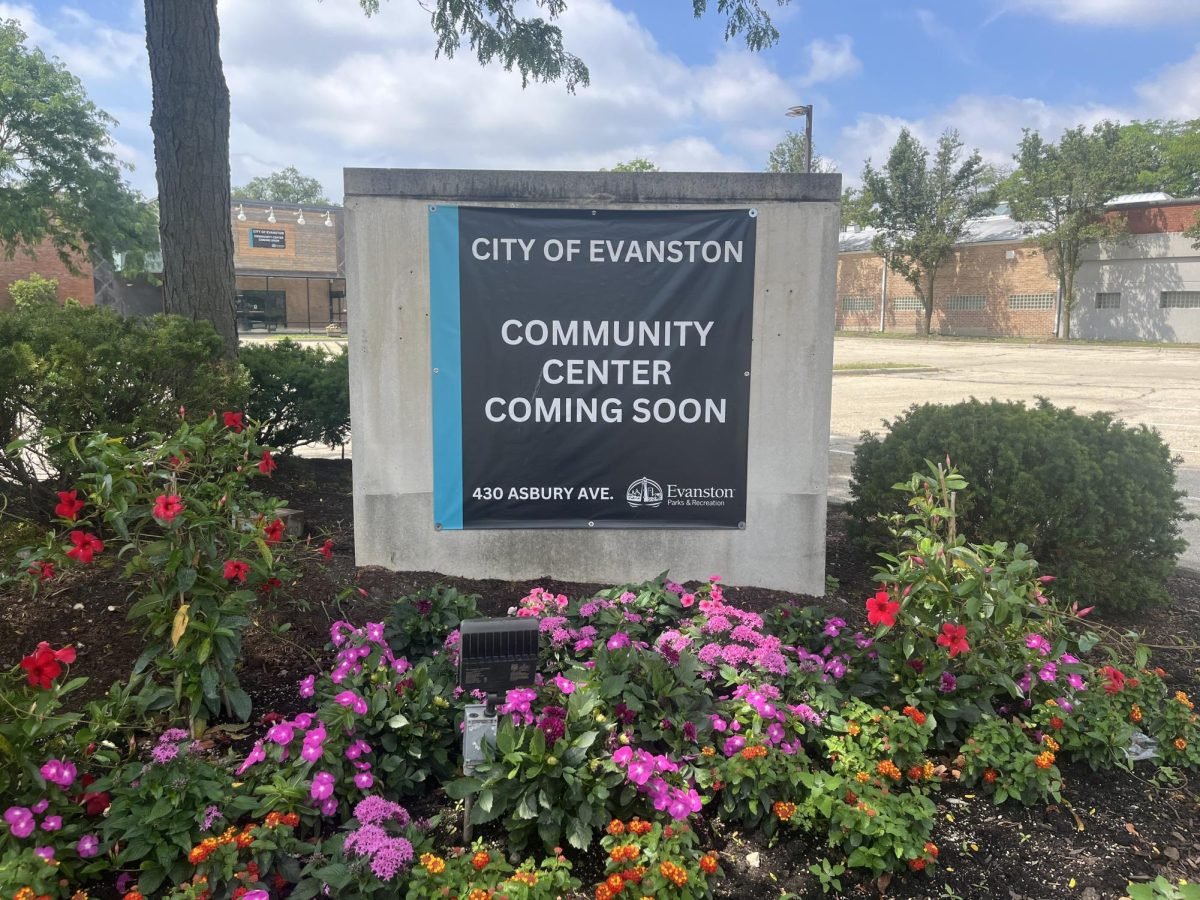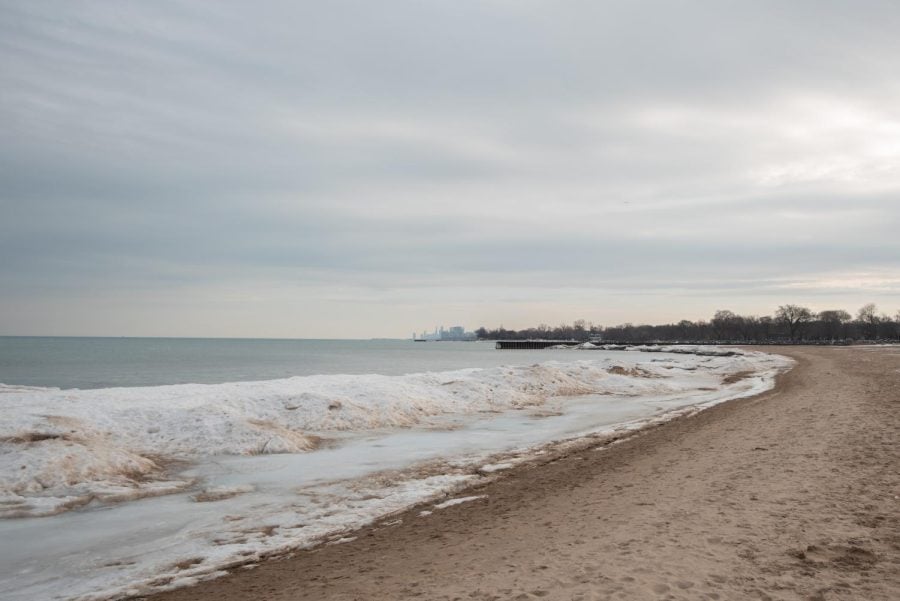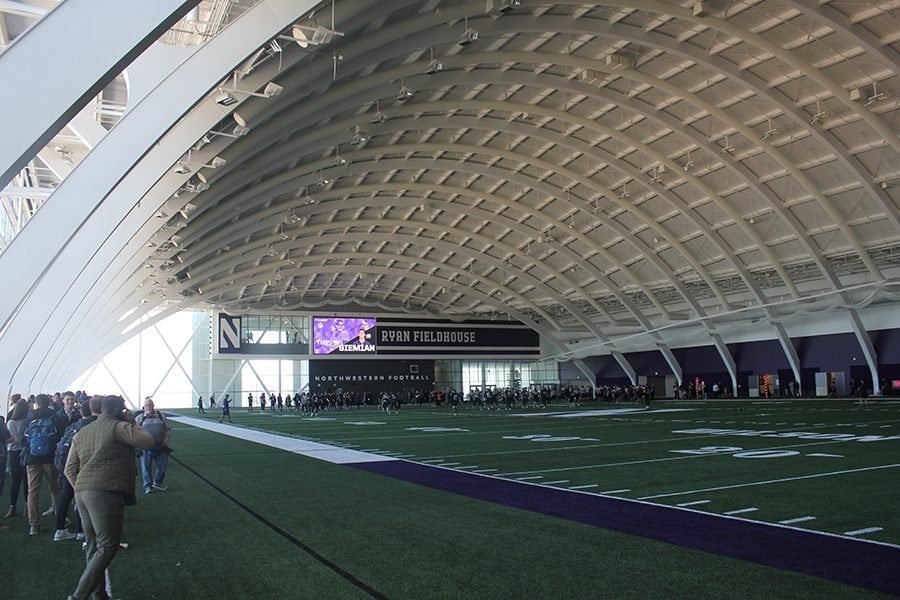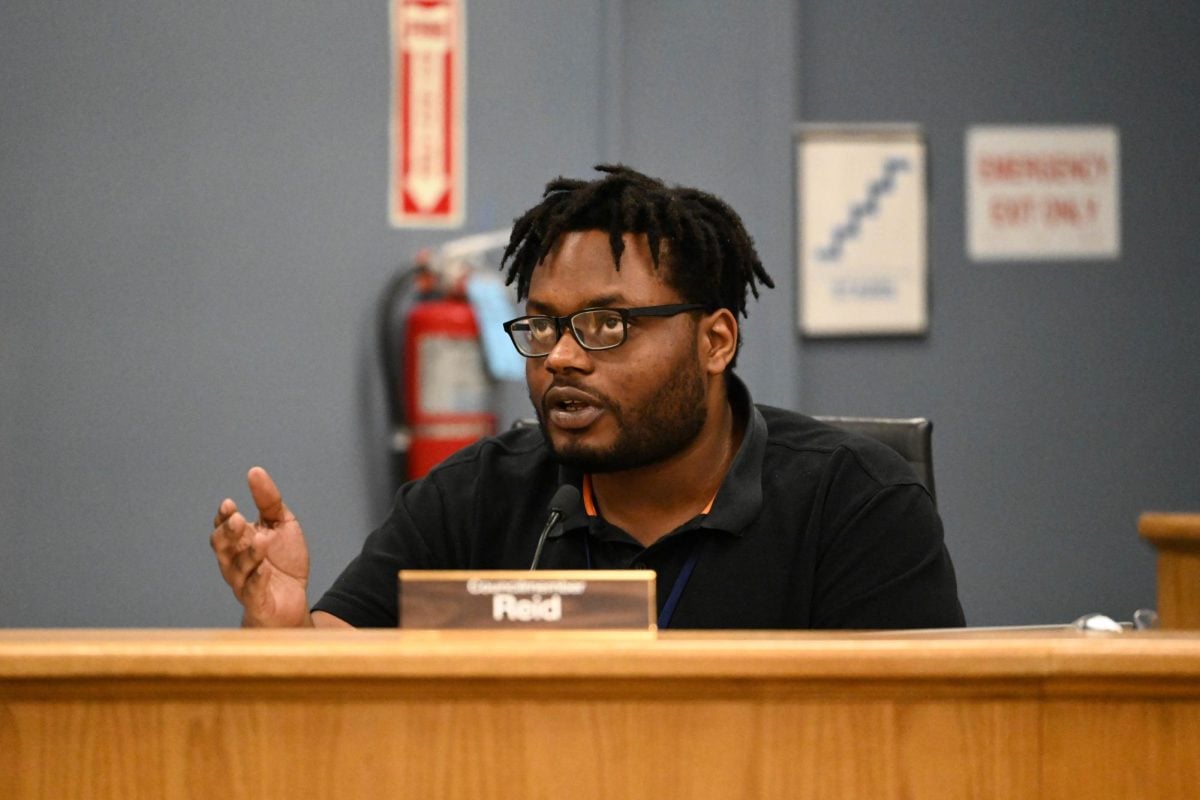Seventh Ward resident Yvi Russell said she has been “in battle” with Northwestern since 1996.
Having lived in Evanston for 44 years, Russell has witnessed a history of conflict between Evanston residents and NU as the University has expanded its physical presence in the city over time.
The latest battle is the rebuilding of Ryan Field in the 7th Ward.
“I am outraged because of the harm that it will do to this neighborhood,” Russell said.
Russell is one of many residents who raised environmental concerns about the project throughout the city’s deliberation process. With the demolition of the current Ryan Field set to start next week, she said many of those concerns are withstanding.
Residents have brought up the potential impacts of gas emissions, pollution and vibrations from demolitions in residential neighborhoods, which could harm the foundation of older houses.
“I’m wondering whether my residents have enough information about what to expect,” said Ald. Eleanor Revelle (7th). “I’m hopeful that over the coming weeks, we’ll be able to provide more specific information for residents because they have a lot of questions.”
Northwestern will measure the vibrations and report them to the city, who will post the measurements on their website, Revelle said. The city will also have a special section of their 311 information line available for residents to report questions and concerns.
She said she recommends residents take photos of their homes’ foundations to document their current conditions. She will also continue to hold informational ward meetings about the rebuilding process.
“I would like to see Northwestern also designate a phone number and a person that people can call because we still have to work on that,” Revelle said.
Joel Freeman, co-chair of Climate Action Evanston, said he hopes Northwestern will hold itself accountable.
He said that while Northwestern had a five-year sustainability plan for 2017-2021, they have not released an updated plan since.
“There’s a bit of a failure of Northwestern keeping its own promises to itself,” Freeman said. “They are a key component to Evanston’s greenhouse gas emissions because they are such a large single entity.”
For the new Ryan Field stadium, Northwestern has committed to achieving LEED gold certification, the second-highest U.S. Green Building Council sustainability standard that evaluates a building’s impact on the environment.
The Memorandum of Understanding between NU and Evanston, which establishes several benefits for the University to provide the city throughout the rebuild, also mandates that NU establish a Sustainability Plan six months prior to the first public event held at the new stadium.
While Northwestern has set this goal for the final building, Russell said she feels the University is limited in their capacity to execute a sustainable teardown.
A more sustainable alternative to demolition would be deconstruction, where materials from the old building are recycled and reused for new buildings. This is not possible for Ryan Field because of lead and other toxins in its existing materials, Russell said.
“Northwestern made some pretty, pretty weak commitments to sustainability,” Revelle said. “From an environmental perspective, it’s a pretty unsustainable, non-environmental project.”
The demolition will also produce particulate pollution that workers will spray off the construction site with water, Revelle said. She said residents are concerned that the runoff will enter the local water system, causing contamination.
However, a more immediate concern is noise during the long hours of construction, Revelle said. Construction will occur 7 a.m. to 7 p.m. on weekdays and 8 a.m. to 5 p.m. on Saturdays, but Revelle is concerned about the noise from set-up before the actual start time.
Looking at the whole Ryan Field project, Freeman said he believes sustainability is not Northwestern’s priority.
“When there’s that much money at stake, people are going to do something with that money and everything else becomes secondary,” he said.
Email: [email protected]
Email: [email protected]
X: @anavi_52
Related Stories:
— Renewed focus on accountability as Ryan Field begins demolitions











